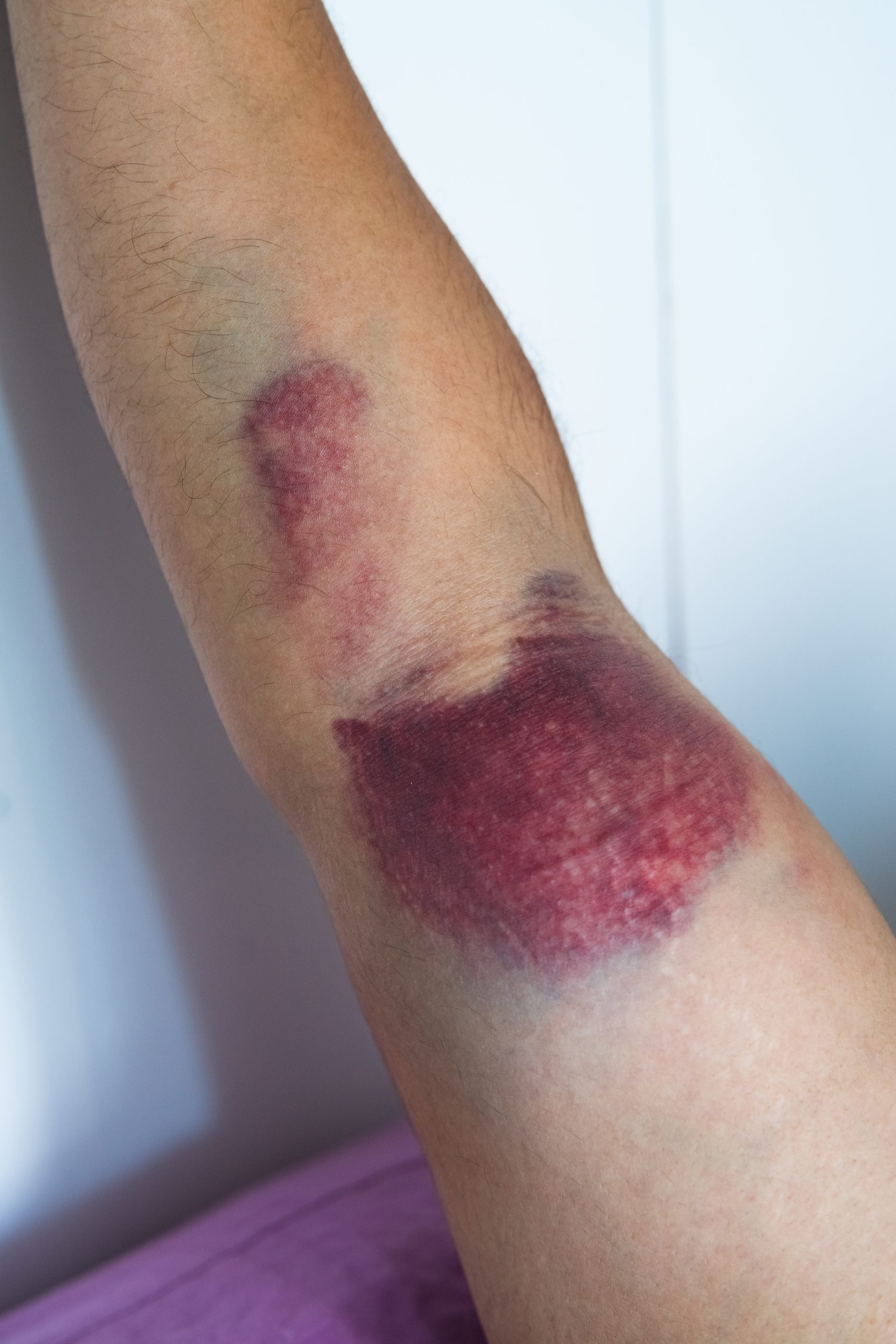Biceps Tendon Tear
What is a Biceps Tendon Tear?
A biceps tendon tear refers to the partial or complete rupture of the biceps tendon, which connects the biceps muscle to the bones in the shoulder and the elbow. The biceps tendon plays a crucial role in the movement and stability of the shoulder and elbow joints. When a tear occurs, it can result in pain, weakness, and impaired function. Seeking specialized care from biceps tendon tear specialists is essential for accurate diagnosis and appropriate treatment of this condition.
Causes
Biceps tendon tears can be caused by a variety of factors, including:
- Overuse or repetitive stress: Engaging in repetitive overhead activities or weightlifting can put excessive strain on the biceps tendon, leading to tears over time.
- Aging: As we age, the biceps tendon naturally weakens and becomes more susceptible to tears. This is often seen in individuals over the age of 40.
- Acute injury: Sudden trauma or a direct blow to the shoulder or elbow can cause an acute tear of the biceps tendon.
- Degenerative changes: Chronic conditions such as tendonitis or tendinosis can weaken the tendon over time, making it more prone to tearing.
Symptoms
The symptoms of a biceps tendon tear can vary depending on the severity of the tear and its location. Common signs and symptoms include:
- Sudden, sharp pain in the shoulder or elbow accompanied by immediate pain at the site of the tear.
- Difficulty in flexing and supinating the forearm (turning the palm up).
- Bruising and swelling may occur around the affected area.
- Cramping or muscle spasms in the biceps region.
- In cases of a complete tear, the biceps muscle may retract, causing a bulge or “Popeye” appearance in the upper arm.

Call Our Office
(912) 999-6885
Office Location
9100 White Bluff Road, Suite 102
Savannah, GA 31406
Book An Appointment
Click Here To Book An Appointment
Seeking the expertise of medical professional is crucial for an accurate diagnosis and appropriate treatment. If you are experiencing symptoms of a biceps tendon tear, don’t hesitate to seek the specialized care of biceps tendon tear specialists who can guide you through the most effective treatment options for your specific needs.
Treatments
The treatment for a biceps tendon tear depends on various factors, including the extent of the tear, the patient’s age and activity level, and the presence of any associated injuries. Biceps tendon tear specialists will determine the most appropriate treatment approach, which may include one or more of the following:
Non-Surgical Treatments:
Rest and activity modification
Limiting activities that aggravate the tear and allowing the tendon to heal.
Pain management
Over-the-counter pain medications or prescription medications to alleviate pain and reduce inflammation.
Physical therapy
A specialized exercise program that focuses on strengthening the surrounding muscles and improving range of motion.
Biceps Tear Specialist’s Surgical interventions:
Biceps tenodesis
In cases where the tear is irreparable or the patient desires a more stable joint, the biceps tendon may be reattached to a different location, typically in the upper arm or shoulder.
Biceps tenotomy
If the tear is partial and non-repairable, the damaged portion of the tendon may be surgically removed.
Recovery and rehabilitation following surgery will involve a period of immobilization, followed by a progressive rehabilitation program aimed at restoring strength, range of motion, and function.
